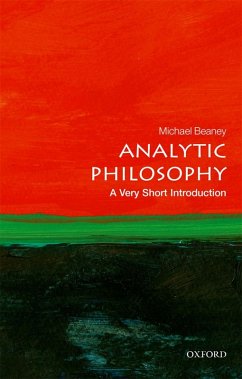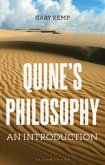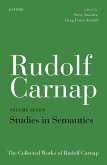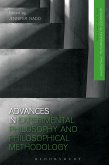Originating in the pioneering work of Gottlob Frege, Bertrand Russell, G. E. Moore, and Ludwig Wittgenstein in the four decades around the turn of the twentieth century, analytic philosophy established itself in various forms in the 1930s. After the Second World War, it developed further in North America, in the rest of Europe, and is now growing in influence as the dominant philosophical tradition right across the world, from Latin America to East Asia. In this Very Short Introduction Michael Beaney introduces some of the key ideas of the founders of analytic philosophy by exploring certain fundamental philosophical questions and showing how those ideas can be used in offering answers. Considering the work of Susan Stebbing, he also explores the application of analytic philosophy to critical thinking, and emphasizes the conceptual creativity that lies at the heart of fruitful analysis. Throughout, Beaney illustrates why clarity of thinking, precision of expression, and rigour of argumentation are rightly seen as virtues of analytic philosophy. ABOUT THE SERIES: The Very Short Introductions series from Oxford University Press contains hundreds of titles in almost every subject area. These pocket-sized books are the perfect way to get ahead in a new subject quickly. Our expert authors combine facts, analysis, perspective, new ideas, and enthusiasm to make interesting and challenging topics highly readable.
Dieser Download kann aus rechtlichen Gründen nur mit Rechnungsadresse in A, B, BG, CY, CZ, D, DK, EW, E, FIN, F, GR, HR, H, IRL, I, LT, L, LR, M, NL, PL, P, R, S, SLO, SK ausgeliefert werden.









